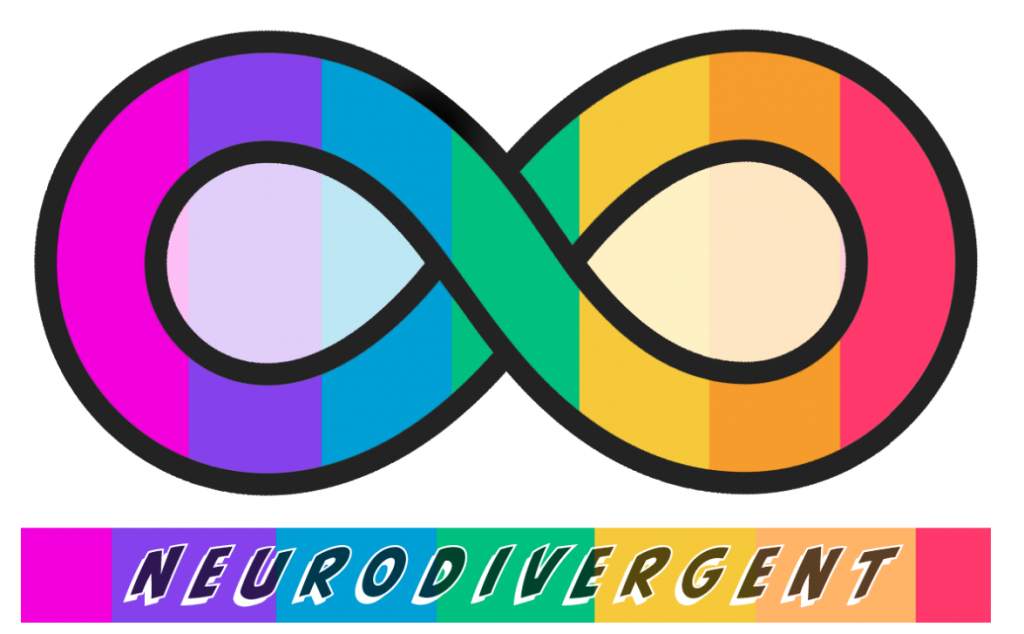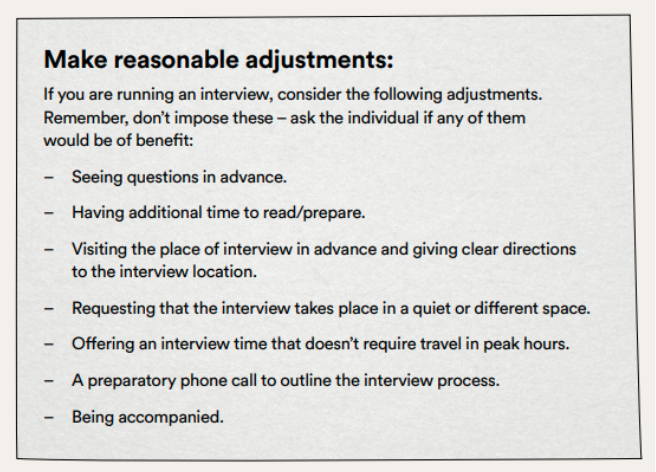Finding the Best: Unique Perspectives

In continuing our conversation on finding the best, we now turn our attention to another historically under-employed group, those with neurodivergence. What is neurodivergence? Neurodivergent conditions include autism, dyslexia, ADHD, and dyspraxia, among other diagnoses. Between 10% and 20% of the adult population has some kind of neurodivergent diagnosis. Hiring managers cannot afford to ignore neurodivergent candidates because they make up a significant part of the working adult population. In the following paragraphs we will discuss the significant benefits of neurodivergent candidates, how to make your hiring process friendlier to them, and federal and state programs to help employers find these candidates.
Neurodivergent employees can contribute in many ways.
The NeurodiversityHub lists five key benefits that neurodivergent employees bring to their roles:
- We think and solve problems differently
- We bring a unique perspective
- We are loyal and change jobs less often
- We’ll fit into your company culture
- We can do any job
In a tight labor market, employers must realize that the effort needed to hire neurodivergent candidates will pay off in better teams with more flexible capabilities. According to NZ Business + Management: “Employing and supporting neurodivergent people within organisations also means potentially gaining access to a variety of skills. These include, but are not limited to, unwavering focus and pattern recognition capabilities, excellent analytical and problem-solving abilities, and memory and mathematical skills. Most employers prize all of the skills listed.
A 2018 UK report found that roughly 80% of neurodivergent persons reported struggling to find employment. Typically, a key barrier these applicants encounter is not skill based, but rather a lack of expected social cue knowledge. The traditional HR model lacks safeguards that would promote inclusion for those with neurodivergence throughout the hiring process. Reexamining tired HR practices in light of changes to the workforce and labor needs in a post-Covid landscape is paramount. This chart outlines some ways of adjusting interviews to better serve applicants’ needs.
Echoing the need to overhaul common HR practices, Deloitte Consulting suggests, “Many US companies are now more open to hiring neurodivergent workers and are willing to make the adjustments required. Given the benefits these professionals bring in relation to innovation and productivity, organizations that do not move in this direction risk losing out to other organizations that provide […]a safe and progressive work environment.”

SAP, recognized by the Harvard Business Review as a leader in crafting a model for hiring neurodivergent workers, set a goal of having 1% neurodivergent employees in its workforce. After four years, the company is on track to meet that goal. The author writes, “SAP, however, has placed its more than 100 program employees in 18 roles. “The original expectation, as I understood it, was that these colleagues would be mostly focused on repetitive work, such as software testing,” one manager told us. “But in practice they have been able to add value in a much broader range of tasks””.
Drawing on his hospitality background, Scotton once had a neurodivergent dishwasher on his staff who was one of the easiest employees to manage in his career. The workplace made certain concessions to create a workplace environment conducive to his particular needs, but ultimately none of the changes were difficult. For example, this particular employee could become overwhelmed by the soundscape of a chaotic restaurant. Management found that if we allowed a small radio in his area, he was better able to focus his mind on the task at hand. Slight alterations to existing practices and careful communication was the extent of the burden on management. In return, we had an employee that was never late, rarely called in sick, and completed every task with demonstrable effectiveness.
A 2022 NZbusiness article shares an insight from University of Otago’s Dr. Dana L. Ott : “[She] says the first step is for employers to forget everything they think they know about neurodiversity and get to know the person. “This should include asking them what adjustments or accommodations will help support them to reach their full potential but also allowing them to tell you about their skills and strengths, and the challenges they face.””
At the federal level, the government has introduced the Workforce Recruitment Program (WRP) that functions as a database for employers looking to increase the diversification of their hiring programs. The site has a sign-up form for employers that connects employers with recent graduates with disabilities. On the state level, reach out to your local Vocational Rehabilitation center for additional options. Now is the perfect time to take a chance and hire outside the normal applicant pools.
Existing staff will need some training on embracing a diverse workplace. One example of an appropriate course is Neurodiversity in the Workplace Training – Enna. Other resources for staff training might include an online training course from Udemy. Examples include Ally Up: How to Build and Activate Ally Partnerships or Courageous Allyship: Learn How to Build Inclusive Workplaces. Both of these courses are available through the Jackson County Library’s eResources page, and may be available from your local public library.
Given the current labor market, employers cannot afford to overlook eligible candidates from any group. Whilecandidates’ neurodivergent characteristics may pose some challenges in the hiring and onboarding process, the rewards of cultivating a diverse workplace outweigh them. For more resources on embracing diversity in the workplace, check out these titles from the Jackson County Library.
By Roslyn Donald and Daniel Scotton
1
2
Employers Encouraged to Embrace Neurodiversity” NZBusiness + Management(Vol. 36, Issue 4) Nov 2022.


Advertisement